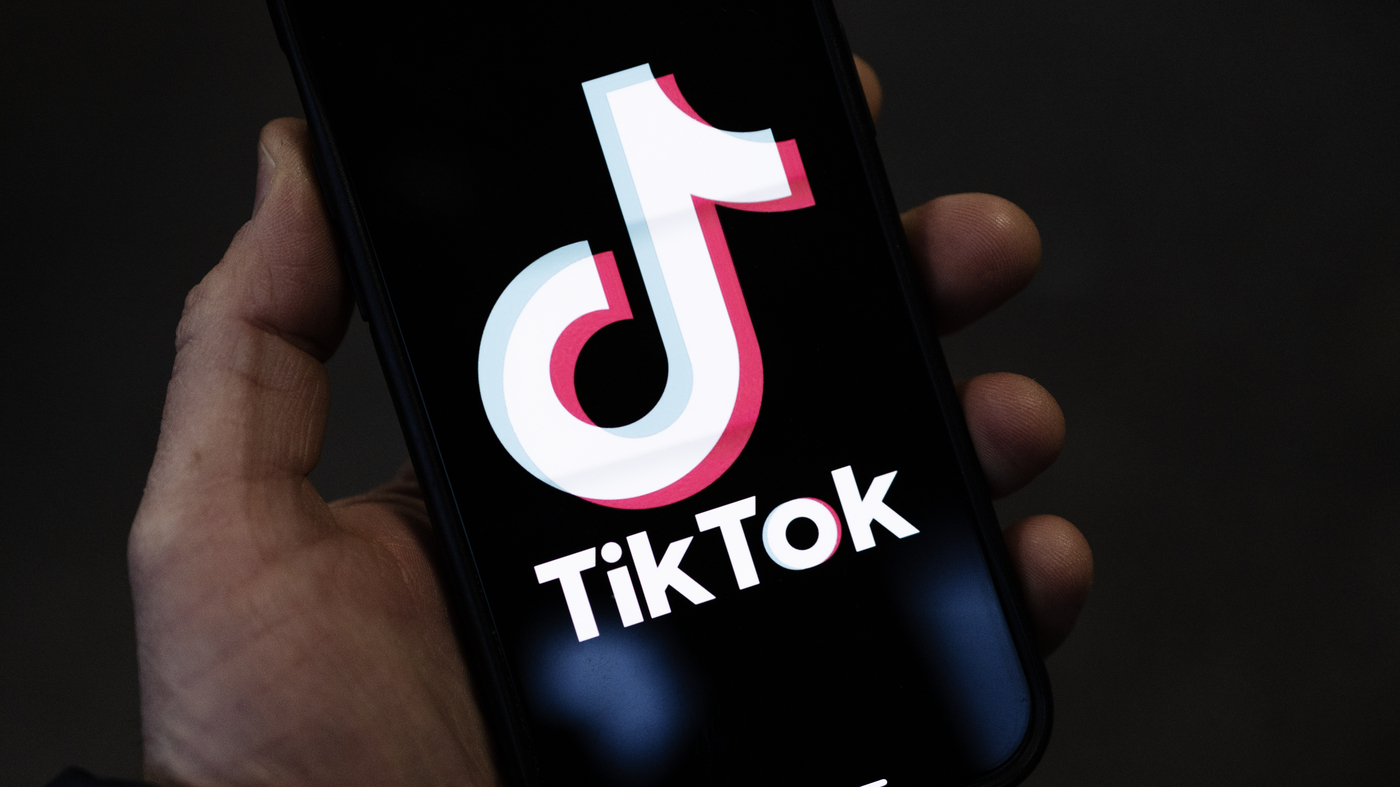Kenya is leading the debate in Africa on the need to put an end to TikTok users in its country.
While the United States banned the app from all Federal agencies, alleging the Chinese Base company over data security concerns.
The ban applies only to government devices, though some U.S. lawmakers are advocating an outright ban. Canada, the European Union, Pakistan, and Afghanistan follow the lead over data concerns.
On Tuesday, the Kenyan parliament engaged in extensive deliberation concerning a petition submitted by Kenyan citizen Bob Ndolo.
The petitioner earnestly implored Members of Parliament to consider the prohibition of the popular social media platform, TikTok. Ndolo argued that the platform’s presence poses a formidable challenge to Kenya’s fundamental cultural and religious values.
Ndolo’s impassioned submission highlighted a critical concern: the inadequate regulation of TikTok within Kenya, which he linked to the surge of offensive and inappropriate content permeating the platform.
Moses Wetangula, the esteemed Speaker of the Kenyan Parliament, conveyed the essence of the petition.
Mr. Ndolo went on to emphasise that the proposed ban on TikTok would operate as a protective measure, safeguarding Kenyan citizens from the potentially harmful consequences of the platform.
These consequences include addiction, potential disruptions to educational pursuits, and impacts on mental well-being, particularly among students. Additionally, he voiced concerns regarding the possible illicit collection and dissemination of personal data about Kenyan citizens by the platform.
The parliamentary debate witnessed several perspectives. While some lawmakers and citizens aligned themselves with the idea of banning TikTok, others expressed reservations.
They pointed out potential setbacks to Kenya’s technological advancement and raised concerns about the livelihoods of numerous young content creators who have found a platform on TikTok.
Kimani Ichung’wah, the majority leader in parliament, has championed an alternate approach. Rather than a complete ban, they proposed a more stringent content oversight mechanism to regulate the platform.
In the event that Kenya moves forward with the prohibition of TikTok, it might prompt other African governments to similarly examine the platform’s impact on their cultural fabric.
This could prompt a broader discourse about the balance between technological innovation and cultural preservation.
The Kenyan government’s contemplation of a TikTok ban thus holds the potential to influence a regional shift in approach, as other African nations consider aligning their policies with their own unique cultural perspectives.



